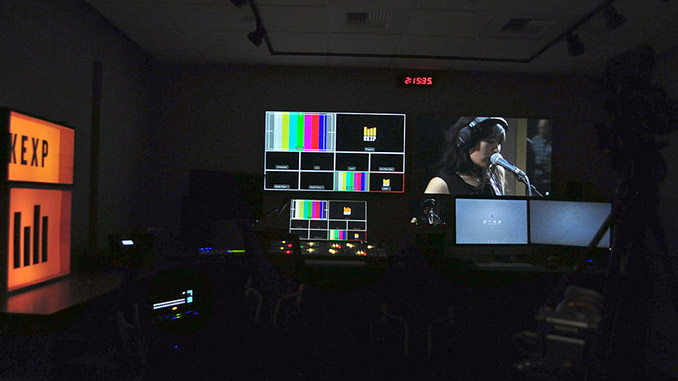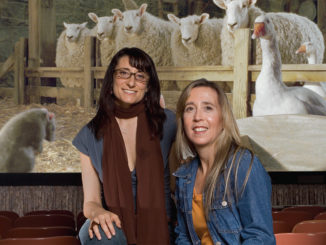
by Louis Bertini, MPSE
According to the California Employment Development Department, the way to become a film editor is to follow the career path from apprentice editor to assistant editor to full editor. By its calculation, this process should take about five years.
If presenting such an optimistic scenario is its way of being encouraging, then I applaud the CEDD for it. We certainly need all the encouragement we can get. But I suspect that many of us who live the life might read this and raise an eyebrow or stifle a laugh––or perhaps even utter a few words that are unprintable in this magazine.
The road to editor may have a few more curves in it than the CEDD would like to admit, although it is correct about the pathway. Almost all successful editors have worked as an assistant editor first. And as they entered the business and moved up through the ranks, many have encountered a period of “editing room hazing.”
This is often nothing more than a series of pranks being played on the low person on the totem pole. Assistants could be given silly or pointless tasks, like being sent to the store to buy “start marks” or “a box of perfs.” Very frequently, assistants are asked to run personal errands for the higher-ups. One assistant was made to spend a cold day in January waiting in a box-office line to buy Yankees tickets for the editor.
But an editing room is a place of business, not high school. Pranks and personal requests can go too far. They can cross the line to where they become abusive.
There is nothing wrong with speaking up, the most assertive people are the ones who go the furthest in this business.
I know an assistant editor who was subjected to a lot of this kind of treatment when he started out. But he gained experience, and rose in stature and confidence. He decided that he would no longer be an errand boy. So when his picture editor asked if he would go out and pick up her lunch, he politely declined. She became a little annoyed. “You won’t get my lunch?” she said. “Do you know that on my last job I made my assistant do my laundry?” “Well, sorry,” he replied. “That’s not the kind of job I do.”
He held his ground, and the editor backed off. But he still felt nervous about his assertiveness. He confided what he had done to a fellow assistant, who replied, “Oh I hate that editor! The last time I worked for her, she made me do her laundry!”
Assistants have always tried to use editors as mentors, and have relied on their help for career advancement. The entire notion of mentorship is ancient. The original mentor comes from Homer’s Iliad. “Mentor” was the wise and trusted counselor who Odysseus left as the guardian and teacher of his son, Telemachus, while he went off to fight the Trojan War.
Today, the concept of mentoring has found application in virtually every form of learning. In academics, the term “mentor” is often used synonymously with “faculty adviser.” But mentoring is more than advising; it’s a personal, as well as professional, relationship that develops over time. A mentor is someone who takes a special interest in helping another person develop into a successful professional.
Most of the editors in the history of our Guild can point to a mentor who guided him or her on their way. But that kind of relationship requires a trust that goes both ways. Editors also need to respect their assistants, and that doesn’t always happen. An assistant is vulnerable. And editors who abuse their assistants can do a lot of harm.
The road to editor may have a few more curves in it than the CEDD would like to admit.
One assistant I know told me about an editor she worked for who was forgetful about returning phone calls from the director, even though the assistant regularly reminded the editor to do it. When the director asked why his calls were not returned, the editor blamed the assistant for not relaying the messages.
Recent developments in technology have created new issues. Many tasks that in the past were done by service companies are now performed in the edit room. As a consequence, the assistant editor’s workload has greatly increased.
Editors, who are generally older and came up through the ranks in a different era, are not always as knowledgeable about the newer workflows as their young assistants. They often don’t understand the amount of labor required to perform many of the tasks.
As a result, an editor sometimes makes requests that are impractical or overly laborious. Not all assistants are confident enough to talk back in a situation like this, to suggest a different way. They do what they are told, and suffer in silence, putting in long hours of unnecessary overtime.
But there is nothing wrong with speaking up, if you learn how to do it tactfully. Ultimately, the most assertive people are the ones who go the furthest in this business.
As an assistant editor, you should always remember that you are a highly skilled professional. Your job is to do your work properly, according to the terms of the union contract. It is not your job to do the editor’s laundry or walk the director’s dog or baby-sit the lead actor’s children.





